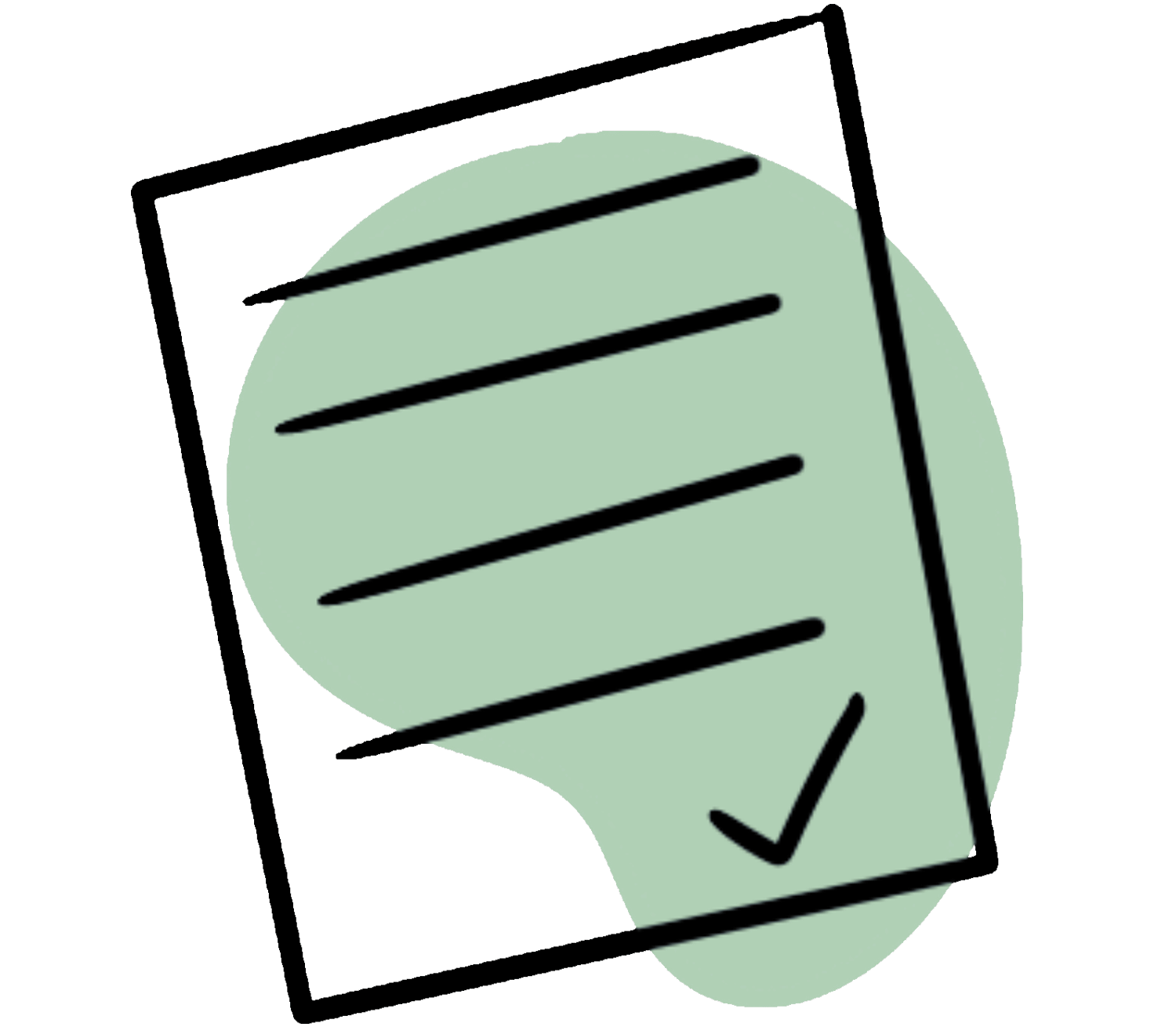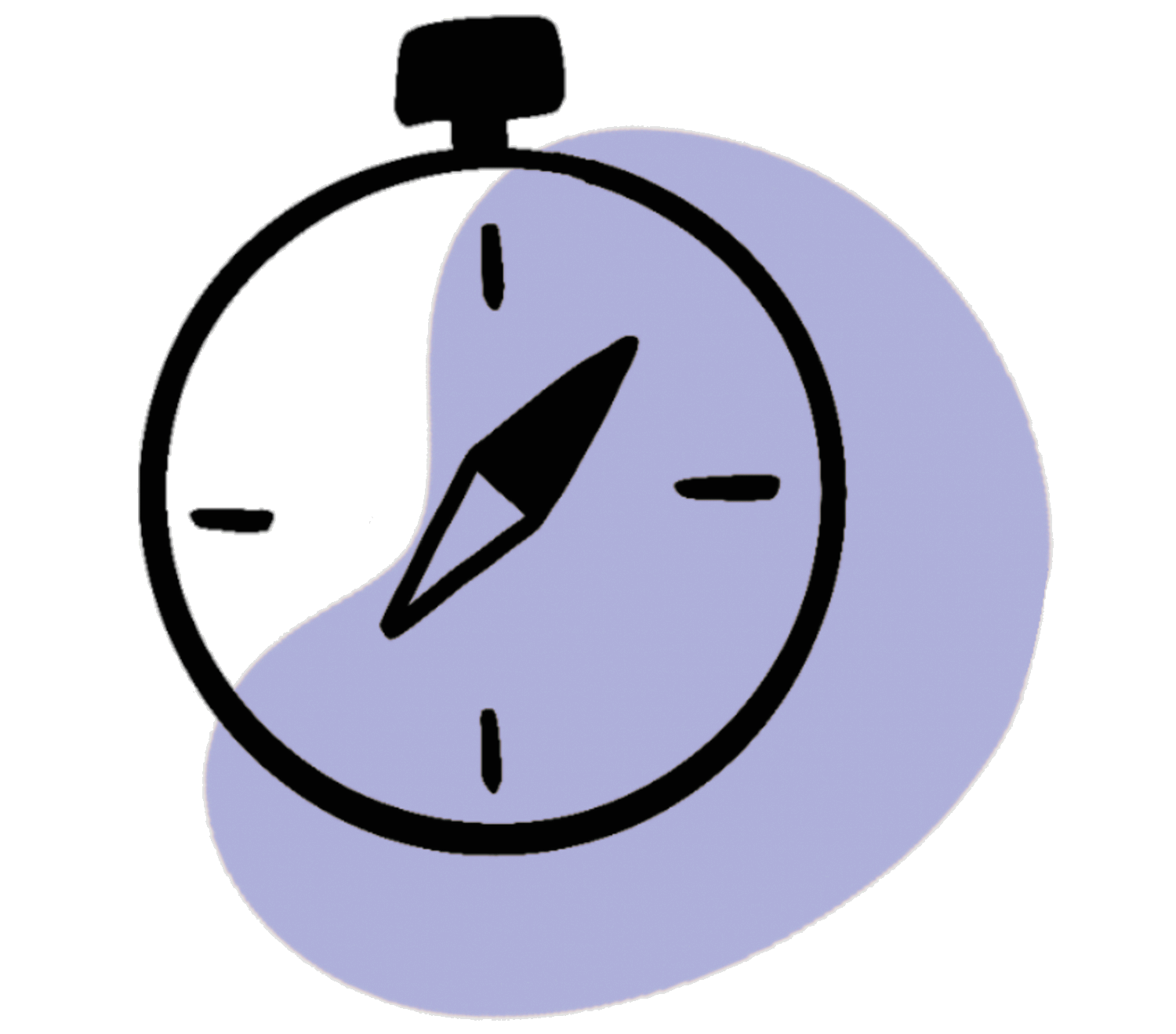The following tasks are typically involved in writing a thesis:
- Develop a topic
- Create an outline
- Research academic literature
- Prepare and conduct the research or development
- Record and analyze results
- Write
- Revise and submit the text

This list is therefore not to be understood as a linear sequence that you can simply tick off. However, you can use it as a guide. The structure of this guide largely follows this sequence.
For projects involving research, the following activities are typically necessary:
- Design an research-specific application of the methods
- Determine the parameters that need to be measured, observed, or calculated
- Collect data: work in the laboratory, measurements, simulations or calculations on the computer, or evaluation of academic literature

You should also keep the following in mind:
- Allow enough time – especially for data collection – to be able to compensate for unforeseen difficulties
- Check which materials, equipment, and facilities you need and can use, as well as their availability
- Clarify whether external persons, laboratories, or workshops are necessary and available
- Consider delivery or waiting times in your planning
- Find out about opening hours and rules for workshops, laboratories, and research facilities
- Include in your planning the time and appointments needed for training and familiarization, e.g. for facilities, software tools etc.
For projects that involve developing a system, the following is typically required:
- Requirements management
- Selection of environment, frameworks, tools
- Implementation or development
- Create tests to validate results

If these records are missing when you want to address them in the writing phase, it is often very time-consuming to reconstruct the corresponding processes.
It is not the end of the world if you do not achieve the goal of your thesis. In technical theses, something is often built, developed, simulated, or calculated. Since these are usually new, previously unexamined questions, unforeseen problems can arise. However, the time available for the thesis is limited, so it may not be possible to fully address all problems within the timeframe, or the goal of the work may not be achieved at all. This is not important for the evaluation of a thesis!

What matters is that these problems, attempted solutions, and gained insights are documented. They can form an important basis for subsequent work. Every scientific work has a summary, and many also have a conclusion. Especially when things did not work out, this reflection at the end of the work is important for future similar projects.
- Record all investigation steps, results, and special occurrences with date and time already during data collection. Keep a logbook – whether digital or with pen and paper is your choice
- Develop a meaningful nomenclature (set of designations) for samples, models, experiments, data etc. early on, so that the data can be clearly assigned
- Carry out the evaluation (sorting and interpreting) as promptly as possible. Formulate result statements in such a way that they can be easily incorporated later. Use not only text form but also tables and figures to organize the data and present it clearly
How can I work as efficiently as possible on my scientific work?
It can be very helpful to keep a logbook, establish a meaningful nomenclature for your data early on, and carry out your evaluations as promptly as possible.
What tasks are involved in writing my thesis?
You develop a topic, create an outline, research academic literature, carry out investigations or developments, analyze your results, write and revise your text, and submit your work on time.
This article was published in August 2025 and last updated in November 2024.









